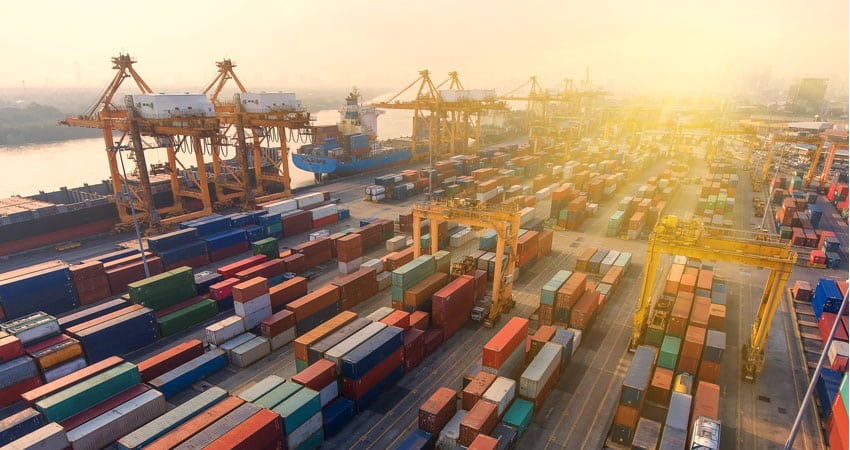Amazon has been quietly shipping thousands of ocean freight containers out of China and to the West Coast, in another sign of its increasing logistics ambitions and an entire supply chain play, according to a report in USA Today.
In the past year Amazon Logistics and its Chinese subsidiary, Beijing Century Joyo Courier Service Co., has shipped 4.7 million cartons of consumer goods, or 5,300 shipping containers, from ports in China to Long Beach and Seattle, according to research from Ocean Audit. For some shippers it also then moves the goods from the port to an Amazon fulfillment center.
While the flow through Amazon Logistics is relatively small compared to the massive volume of trans-ocean freight – 1.81 million twenty-foot equivalents (TEU) of retail shipments in November alone, according to NRF’s Port Tracker – it’s significant that it’s being increased and that the company is able to control the entire supply chain for some of its retail customers.
“This makes them the only ecommerce company that is able to do the whole transaction from end-to-end,” Steve Ferreira, CEO of Ocean Audit, told USA Today. “Amazon now has a closed ecosystem.”
According to USA Today, the Amazon ocean freight program had only been available to Chinese sellers and manufacturers, but was opened up to U.S. merchants in the fourth quarter of 2018.
Amazon entered the ocean freight business in 2016 when it gained a license to lease and resell space on cargo ships running between China and the U.S. In addition, it is also close to completing an air freight hub at the Cincinnati/Northern Kentucky Airport in Hebron, KY.
In December Amazon announced the lease of 10 Boeing cargo jets, bringing its fleet to 50. Other reports say that figure may double. This is in addition to the company’s purchase of 10,000 step vans in September to launch a fleet of private local delivery contractors.
You can read the rest of the report here.


Thanks for this article. Clearly the moves Amazon Logistics has taken through its subsidiary will disrupt the Chinese freight forwarding industry as capacity will inevitably shift to Amazon leaving a gaping hole to be filled. This will be particularly troublesome for Chinese companies engaged in e-commerce fulfillment.